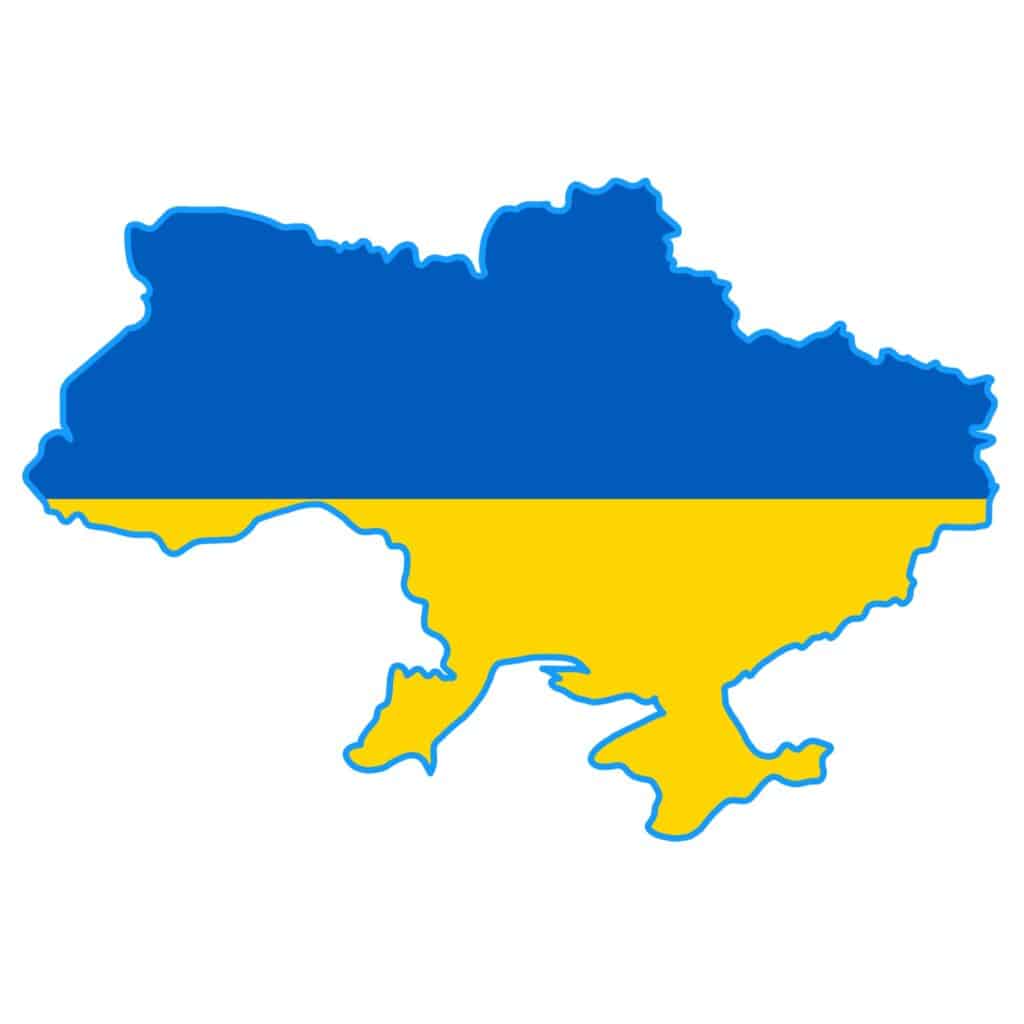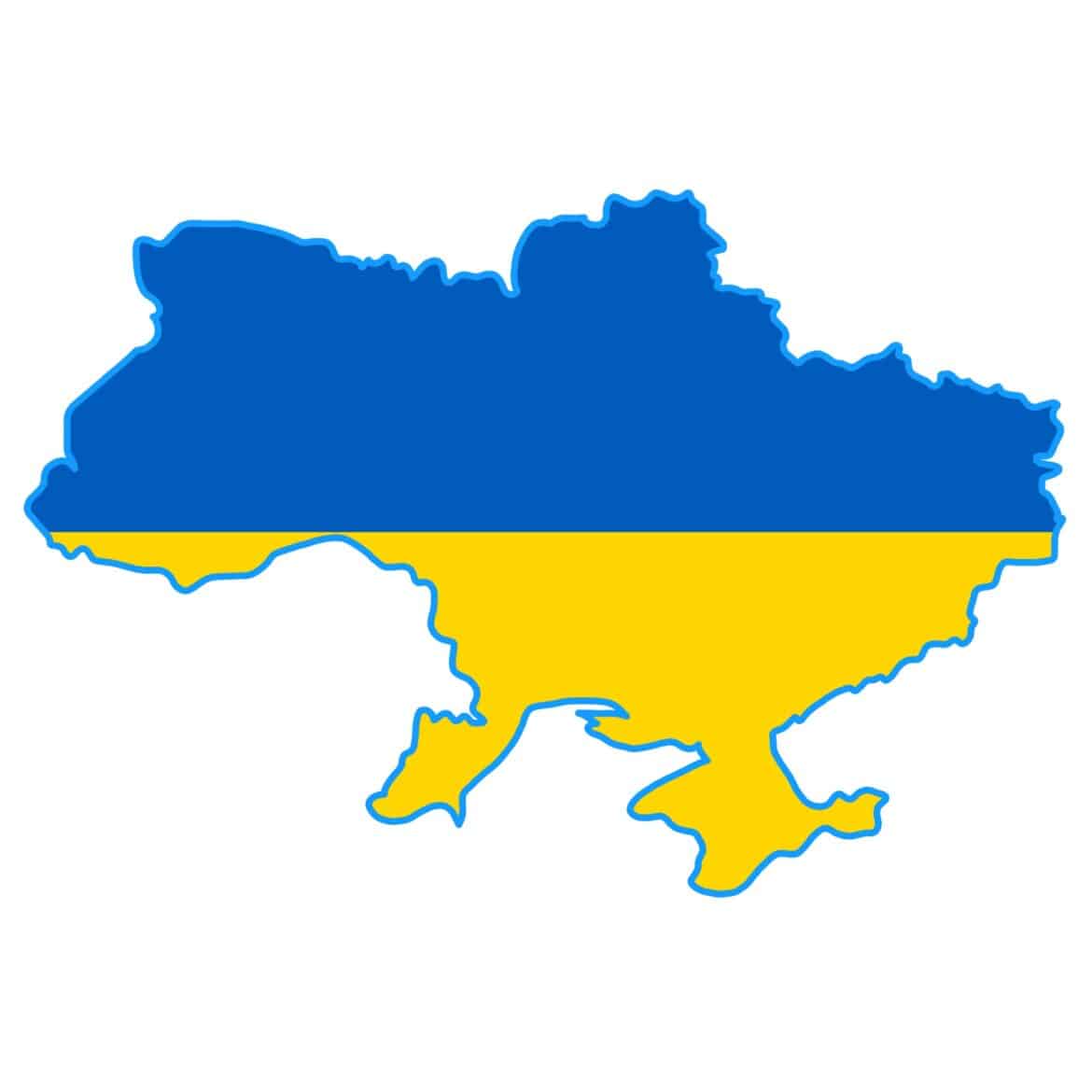
On Feb. 24, Russia launched a full scale invasion of Ukraine, a sovereign democratic country since 1991 after the collapse of the Soviet Union. Since the invasion, millions have been displaced to neighboring countries with the number of casualties continuing to rise on both sides.
After Russia annexed the Crimean peninsula in 2014, the two countries have been involved in a proxy war. More recently, Russian President Vladimir Putin escalated tensions into an invasion. While Putin’s goals for invading Ukraine remain unclear, one motivator comes after Ukraine attempted to join The North Atlantic Trade Organization (NATO), a military alliance between 30 countries, including two North American countries. To Putin, NATO’s expansion into the East is a direct threat against Russia’s “historic future as a nation.”
While the citizens of Ukraine are feeling the immediate effects of this crisis, the upheaval is also hitting close to home for Roosevelt students with ties to the region.
For junior Nick Chang, the attack on Ukraine strikes deeper for him and his family. Having lived in Ukraine’s capital, Kyiv, for two and a half years, Chang emphasizes this part of his identity, “It was a big part of my life.” He continues that seeing “the news that Putin is bombing Ukraine and Kyiv is like the news that they’re bombing Seattle.”
Since the start of the invasion, news channels have displayed live coverage of the country’s state. For Chang, it’s unsettling to see. “My dad is keeping us up to date on the news, like where specifically the bombs have been and exploded … in relation to where our house was in Kyiv. It’s just pretty scary.”
While Ukraine is the only country directly involved at this time, threats to neighboring countries are evident. For junior Lilja Purs, who has family in Latvia, Russia’s attack on Ukraine “is personal.” Purs elaborates, “Latvia was a part of the Soviet Union, so this is an attack on not only Ukraine’s freedom, but everyone’s freedom who was part of the Soviet Union.”
Latvia was annexed into the Soviet Union by former Russian dictator Joseph Stalin before regaining independence after the empire fell. Citizens of Latvia and the two other Baltic States, Estonia and Lithuania, are worried “with tensions bringing back memories of dictatorship and oppression,” according to The Times of Israel.
Purs also recounted her parents, both of Latvian descent, protesting against the Soviet Union since the ‘80s. Purs says her parents “don’t want our kids to have the same fears that we did,” so with the current situation, “this fear has passed throughout a [generation].”
As Ukraine faces the effects of Putin’s forces, the citizens of Russia have also faced repercussions of their own.
According to the Moscow Times, inflation has accelerated in the nation since the beginning of March, while “Analysts say Russia’s economy is likely to shrink by more than 10% in 2022 and that the economic crisis could be the deepest Russia has faced since the collapse of the Soviet Union.”
For senior Masha Campbell, who is half Russian and has family in the country, Russia’s invasion has altered her relationship with family overseas. On March 2, the Russian government blocked independent news outlets, preventing Russian citizens from receiving unbiased news on Ukraine. Due to this development,“I have some family members who no longer want to talk to me and my family,” Campbell says. Furthermore, “they view us as a threat because of the anti-west propaganda.”
With grandparents who have lived under Soviet rule, Campbell expresses the effects this conflict has on both them and many Russian citizens alike. “It’s kind of like being in a sinking ship and having it filled with water, but constantly being told it’s not sinking.” She continues, “it’s really hard to know that you can’t be there with them and you don’t know when you can be with them.”
While travel is currently banned from the U.S. to Ukraine and heavily restricted to Russia, there are still ways to aid the citizens of Ukraine. With resources like CNBC listing organizations for Ukrainian relief, small steps can be taken individually as well. Purs says, “Be mindful and educate yourself as much as you can on what you’re doing and what you’re saying,” while Campbell advises to “spread information and inform people about what’s going on and be there for those who are also impacted.”
As the world watches this humanitarian crisis unfold, many are holding the citizens of Ukraine in their thoughts. For Chang, he sends a message: “This conflict may seem like a big thing to overcome but you are strong, you can do this. I believe in you and I believe that the world can help … hang in there.”
